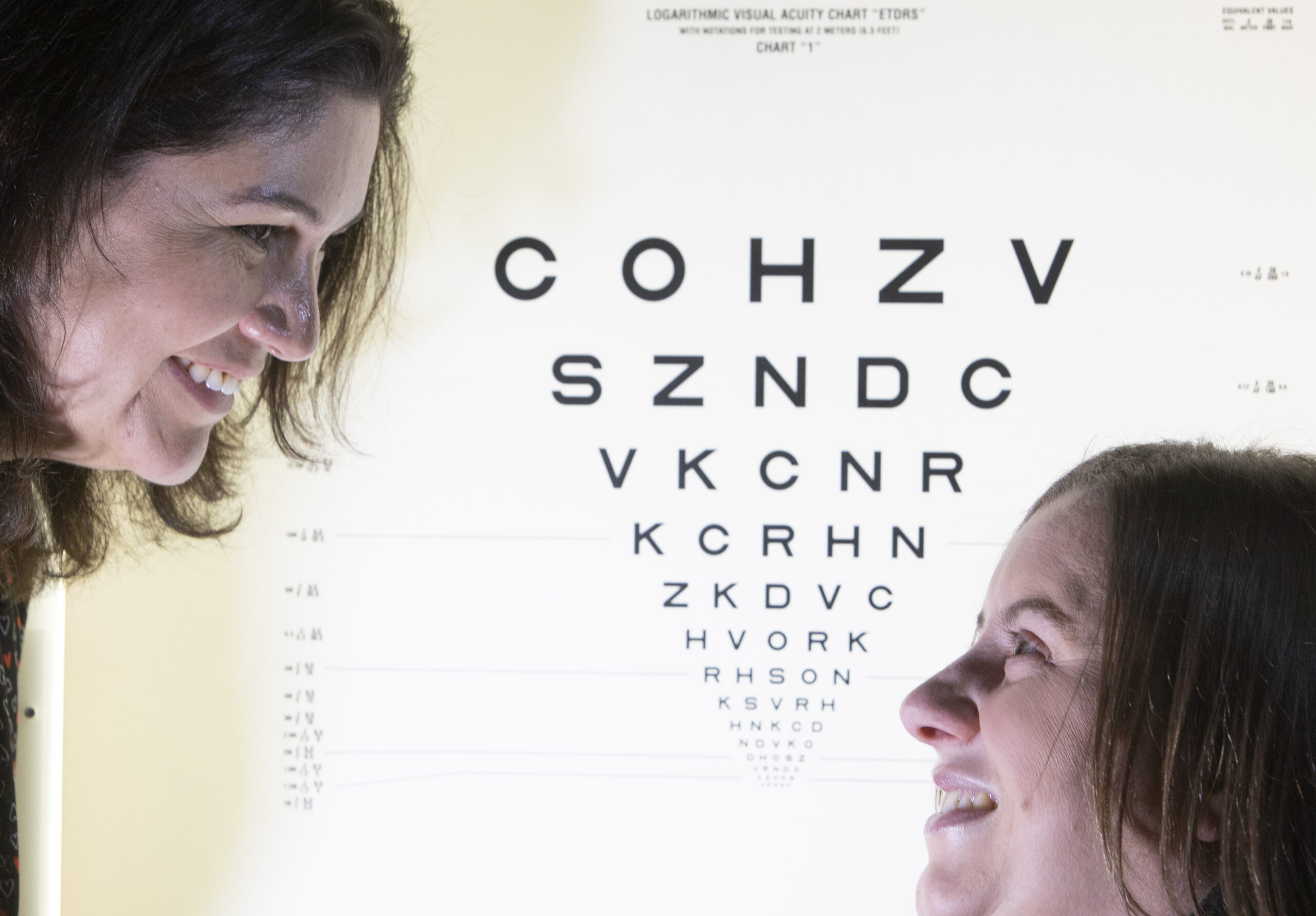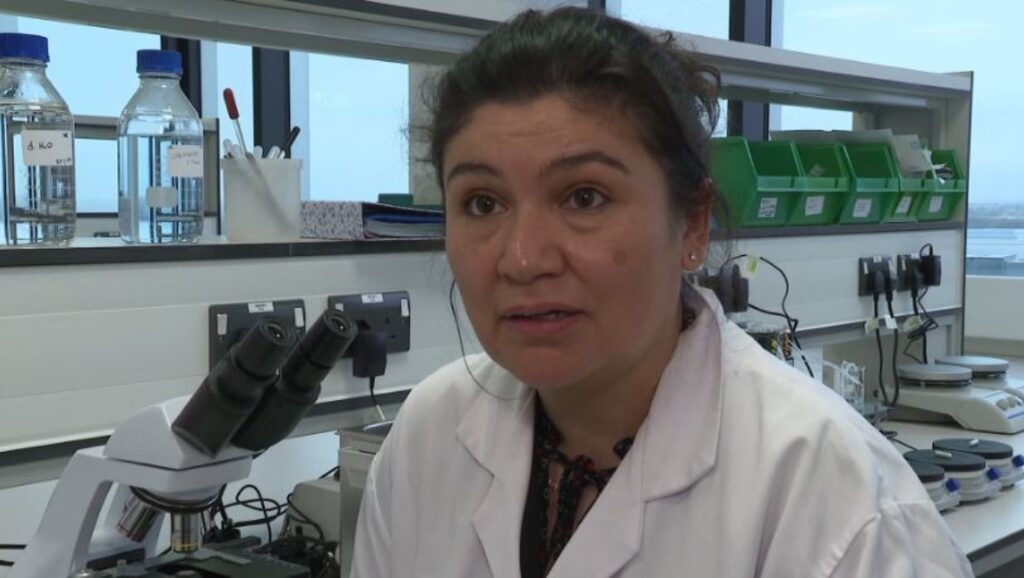
UWS academics have discovered the world’s first treatment for serious eye condition, Acanthamoeba keratitis (AK), which affects millions of people across the globe annually.
Following 13 years of ground-breaking research UWS has developed a novel compound to prevent the development of the condition, for which current treatments are extremely difficult and often ineffective.
The disease is caused by cyst-forming microorganism, Acanthamoeba, which invades the cornea of the eye and is commonly found in lakes, oceans and rivers, as well as domestic tap water, swimming pools and hot tubs.
It is normally harmless to humans but can have devastating effects if it comes into contact with the eye. The 125 million contact lens wearers worldwide are at the highest risk of contracting the disease through making simple hygiene mistakes such as washing contacts or lens cases with tap water or wearing them whilst showering or swimming.

UWS’ Professor Fiona Henriquez, who led the research, said:
“Until now, there has been no single-step solution that contact lens wearers or medical professionals can take to kill the pathogen.”
“Acanthamoeba is an incredibly strong organism and once it gets inside the eye, and is exposed to medicine, it’s able to form a hard, resistant shell, repelling attack from medication – it can even resist strong disinfectants.”
Believed to affect up to 3 million people across the globe annually, Acanthamoeba keratitis can cause excruciating pain, blindness, the requirement of corneal transplants or removal of the eye if it is not brought under control.
Instances of the infection are fifteen times higher in the UK than the USA.
UWS plans to create a spin-out company to roll out the safe new additive to contact lens and eye care solutions, and this has already attracted attention from industry leaders and contact lens providers.
Find out more about the impact of this work here.